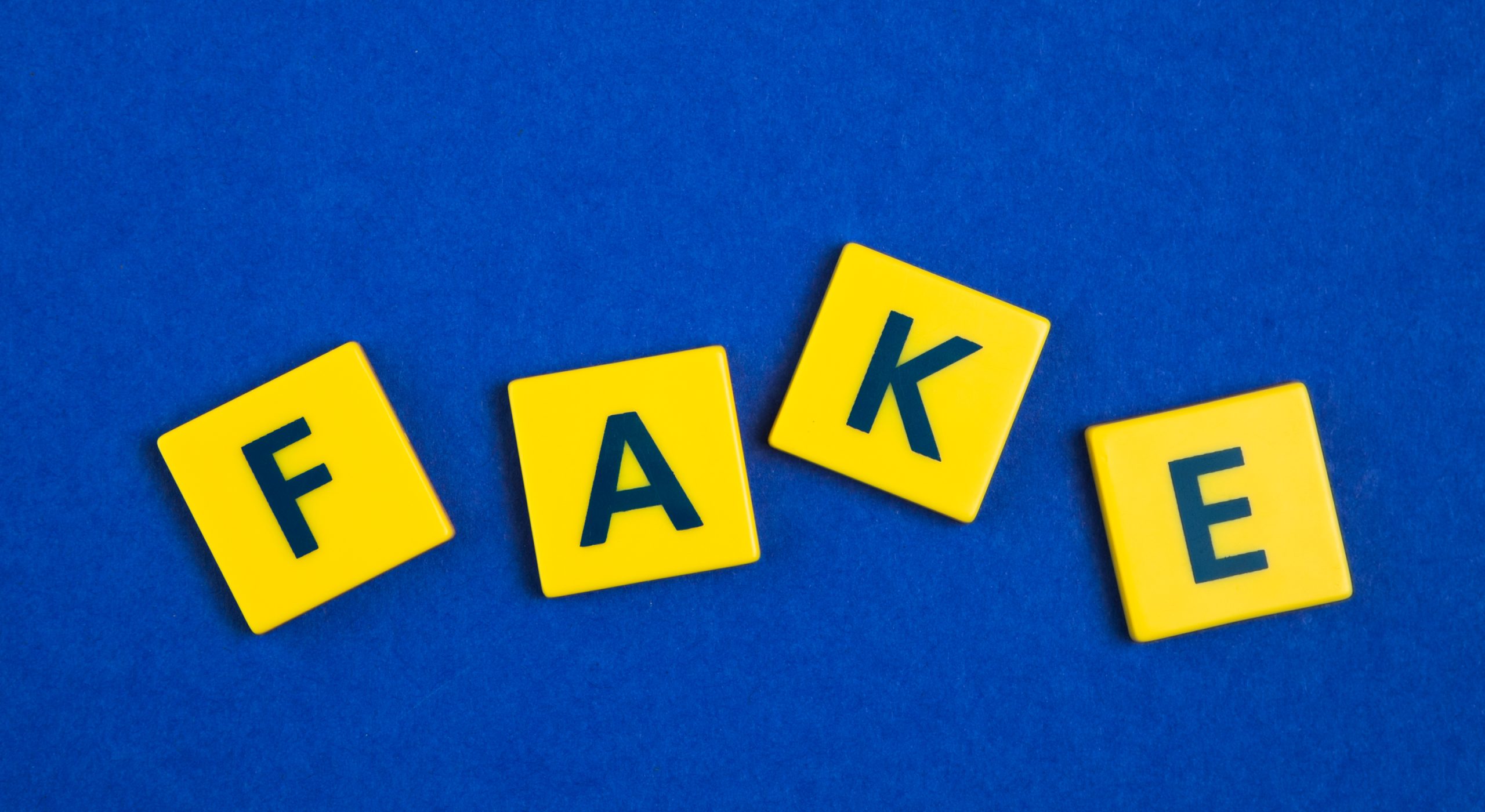BIG IDEA
Aside from having a steady stream of revenue, what drives you to become a better Amazon seller? Could it be the bragging rights when your product sales shoot to the roof?
If your answer to question no. 2 is yes, we get you. Because according to JungleScout, there's a “special award” for that: Amazon Best Sellers Rank (BSR). BSR is a metric that estimates the sales volume of a product. To know more about this, let's answer some relevant FAQs:
🎖️ How does Amazon calculate the rankings?
Many factors are considered in calculating the BSR, including:
- Present and past sales trends
- Price changes
- Market competition performance
Among the factors, the sales trends are the crucial ones. BSR is updated hourly based on these statistics.
BSR 🆚 organic ranking: what's the difference?
The main difference lies in a single word:
- BSR ranks products based on sales performance.
- Organic ranking sorts products based on search performance.
🔎 How do I check the Amazon BSR of a product?
- Go to Amazon.com's product page.
- Scroll down to the "Product Information" section.
- Check the "Best Sellers Rank" to see the product's rank. The rule is: the lower the BSR, the higher the ranking (and sales).
Because Amazon BSR focuses on sales volume, you can raise your rank by selling more products than your competitors. To do this, you can improve your pricing strategy and revamp your listings through creative images and videos. Another way is to expand your product catalog to reach more customers.
However, note that this metric only measures a product's performance in one category. Try exploring other Amazon key performance indicators (KPIs) to get the whole picture of your business performance.

AMAZON NEWS
More auto parts and accessories are coming to Amazon Garage

Shopping has become quite convenient now that you can buy almost everything online. For car lovers—yes, that includes automotive paraphernalia. In fact, Amazon Garage plans to top up its inventory with OEM parts and accessories from major automakers.
🚘 Driving revolution in the ecommerce world
The retail giant was able to penetrate the automotive domain through Amazon Garage. In 2016, over 35 million automobiles were listed on the platform. But Amazon doesn’t plan on settling for a neutral gear.
The company shifted to drive toward the broadening of its product ranges by launching the Amazon OEM parts portal. This venture involves partnering with direct manufacturers to craft a fine selection of genuine auto parts and accessories.
With authorized dealerships as sellers on Amazon’s OEM store, finding high-quality auto parts will be easier than ever. Customers can get their hands on car essentials with a few clicks, even while relaxing on the couch!
🛞 Thanks to this new initiative, you can literally sit back, relax, and enjoy the ride. And knowing Amazon, it won’t be stepping on the break soon. We wonder what could be next in store.

BITES OF THE WEEK
- Being financially smart is now a requirement rather than an asset. You should know what’s new with Amazon fees and how to walk around them to still make profit - Feedvisor
- Ecommerce players are being extra creative this year! Take a look at what Target is… targeting - Inc.
- Ever had a problem with miscounted inventory? Here’s what you can do if Amazon overcounts your shipment - Reddit
- They say the greatest risk in life is not taking one. Maybe it’s time to take on the calculated risk of selling online, then? - Helium 10
- Fraudsters continue to feed off the success of online businesses. But Amazon is ready to battle them even in court to protect customers and sellers - About Amazon

TRENDING
Amazon wrongfully accused a seller of IP violation

As sellers, you want to stay as far as possible from IP complaints. But what if Amazon accuses you of infringement for something you never even sold? A seller shared a stressful experience of receiving an unexpected IP violation notice.
🤨 "Did I sell that?"
… is what the seller thought after receiving the notice.
- The ASIN mentioned in the notice isn't on the seller's current list.
- The seller then checked historical records because maybe the ASIN was linked to a previous listing. Guess what? Nothing there either!
- After several rounds of back-and-forth, the issue was traced back to a deleted ASIN that was added in December 2021.
- Amazon instructed the seller to update the brand and manufacturer details to fix the issue.
⚠️ In the Amazonian language, violations could mean different things—from a simple “warning” to an “account suspension.” But what's really unnerving is that this issue isn't an isolated case. One commenter gave a reminder to avoid similar mishaps: ensure your listing details are updated and comply with Amazon policies.
Any thoughts on why this happened?

ACTIONABLE ADVICE
How to utilize Brand Registry roles to increase your brand management efficiency

Managing your brand can be time-consuming. But here’s a pro tip: you can delegate roles to make things easier. Seller University shares some guidelines for assigning Amazon Brand Registry roles.
🫵 First, you should know the different Amazon Brand Registry roles:
- Rights Owner - this role (automatically granted to the brand owner) has access to all tools and user permissions.
- Administrator - this role can access user permissions and affiliate users.
- Registered Agent - this role is designed for third-party users and has the power to report IP violations.
❗ Second, make sure that those you want to assign roles have active Brand Registry accounts. Once you confirm this, you can proceed to the role assignment process.
- Sign in to Amazon Brand Registry. Click “Settings” > “User permissions.”
- Click “Invite a user to your brand” and fill in the necessary information in the form that appears.
- Check the box next to the desired registry roles.
- Click “Send invitation.”
Assigning affiliates to handle other business concerns will allow you to focus on more important things. So, for the last step: try this strategy now and tell us what you think.








